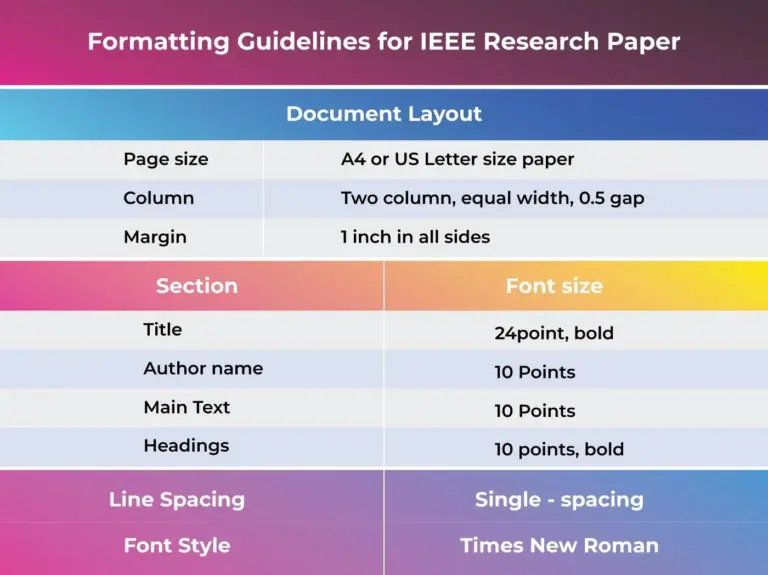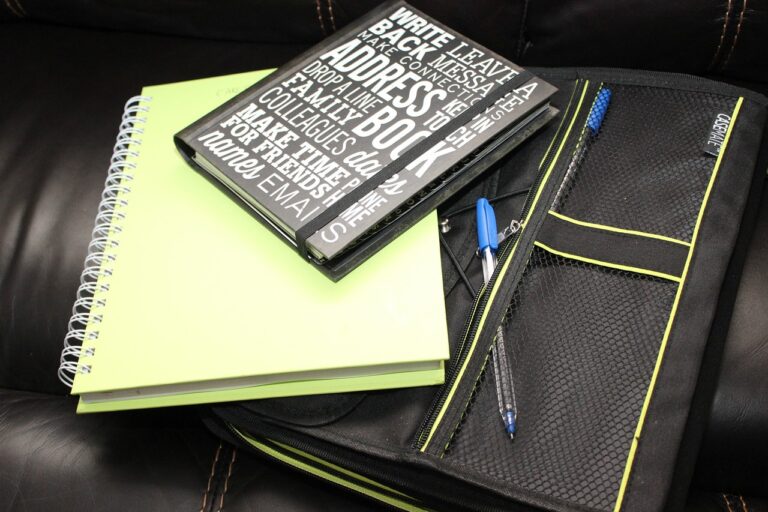The Role of Field Trips in After-School Learning: Cricbet99com, Sky11. Live login, Cricbet99 reddy anna
cricbet99com, sky11. live login, cricbet99 reddy anna: Field trips are an integral part of after-school learning programs, providing students with valuable hands-on experiences outside of the traditional classroom setting. These excursions offer a unique opportunity for students to explore new environments, engage with real-world concepts, and foster a deeper understanding of the subjects they are studying. In this blog post, we will discuss the role of field trips in after-school learning and how they can enhance the educational experience for students.
Exploring New Environments
One of the primary benefits of field trips is the opportunity for students to explore new environments beyond the confines of the classroom. Whether visiting a museum, a park, or a historical site, students can gain a better understanding of the world around them and make connections between what they are learning in school and real-world experiences. By engaging with their surroundings in a hands-on way, students can deepen their knowledge and develop a more profound appreciation for the subject matter.
Enhancing Learning Experiences
Field trips can also enhance the learning experiences of students by providing them with unique opportunities to engage with concepts in a different context. For example, a science field trip to a nature reserve can allow students to observe ecosystems up close, conduct experiments in a natural setting, and learn from experts in the field. This kind of immersive learning experience can help students retain information more effectively and apply their knowledge in new and meaningful ways.
Fostering Social and Emotional Development
In addition to academic benefits, field trips can also contribute to the social and emotional development of students. By participating in group activities, working together to solve problems, and interacting with people from different backgrounds, students can improve their communication skills, build relationships, and develop a sense of empathy and understanding for others. These social and emotional skills are essential for success both in and out of the classroom.
Promoting Critical Thinking and Problem-Solving
Field trips provide students with opportunities to engage in critical thinking and problem-solving activities that may not be possible in a traditional classroom setting. For example, a history field trip to a local landmark can challenge students to analyze primary sources, evaluate different perspectives, and draw their conclusions about historical events. By encouraging students to think critically and creatively, field trips can help them develop essential skills that will benefit them in their academic and professional lives.
Encouraging Lifelong Learning
Ultimately, the role of field trips in after-school learning is to inspire students to become lifelong learners who are curious, motivated, and engaged with the world around them. By exposing students to new ideas, experiences, and perspectives, field trips can ignite a passion for learning that extends beyond the classroom and into all aspects of their lives. Whether students pursue careers in science, history, art, or any other field, the lessons learned on field trips can shape their interests, values, and aspirations for years to come.
FAQs
Q: Are field trips only for elementary school students?
A: No, field trips can benefit students of all ages, from elementary school to high school and beyond. Each age group can gain unique insights and experiences from field trips tailored to their interests and academic goals.
Q: How can teachers incorporate field trips into their after-school programs?
A: Teachers can work with school administrators, parents, and community partners to plan and organize field trips that align with curriculum objectives, student interests, and budget constraints. By collaborating with others, teachers can create enriching and memorable learning experiences for their students.
Q: What are some potential challenges of organizing field trips for after-school programs?
A: Some potential challenges of organizing field trips include securing transportation, obtaining necessary permissions and waivers, coordinating schedules, and ensuring the safety and well-being of students. However, with proper planning and communication, these challenges can be overcome to provide students with valuable learning opportunities outside of the classroom.
In conclusion, field trips play a vital role in after-school learning by providing students with valuable experiences that enhance their educational, social, and emotional development. By exploring new environments, engaging with real-world concepts, and fostering critical thinking skills, students can benefit from field trips in ways that go beyond traditional classroom instruction. By incorporating field trips into after-school programs, educators can inspire students to become lifelong learners who are curious, motivated, and engaged with the world around them.







